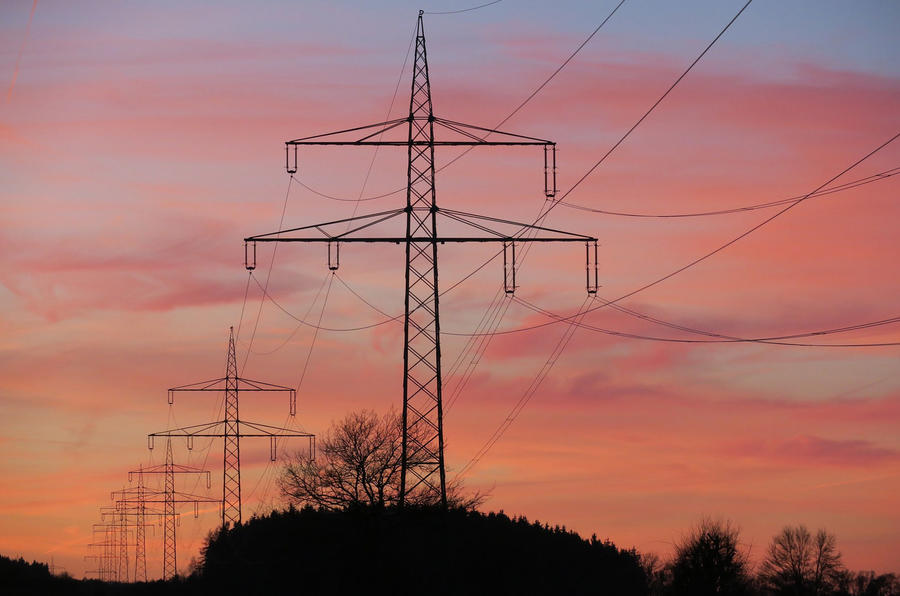The upcoming 2030 ban on new petrol and diesel cars will transform UK motoring on a scale never seen before. This story is part of a wider analysis of the challenges faced by consumers, government and the automotive industry, what needs to happen, and how such drastic changes can be achieved over the next decade.
Read the rest of this series here: Countdown to year zero - what needs to happen by 2030?
In short, no. Fowler is confident on this point, despite all the scaremongering headlines on the subject. “In terms of managing demand and supply, that’s absolutely bread and butter to National Grid,” he says. “It’s what we do in terms of the physical infrastructure, making sure you get that from where the power is generated to where it’s needed in terms of demand.”
Peak demand is a worry for some, but again, Fowler says “it’s certainly manageable”.
There are some confusing figures floating around about this, so allow us to explain. Although we’ve already talked about an additional 100TWh, an extra 10% over current levels has also been bandied about. Both numbers come from National Grid, but weirdly the two don’t necessarily contradict each other.
While Fowler is talking about overall demand with his additional 100TWh, the 10% figure relates to the crucial peak demand. The sort of thing that when you get home from work, you whack the car on charge and turn the oven on. But given that our overall electricity use as a country has actually fallen since 2005 (thank LEDs and a more service-based economy for that), it means we should be using less peak power than we did back then. Fowler adds: “We maybe see peak demand increasing by around 10%, with an uptick from the mid-2020s with more electric vehicles, but that still doesn’t take it above its historic high.”
Not that there aren’t infrastructure challenges. Brazier does have concerns about the size of the cables in our streets and whether those will be able to cope with every house having an electric car. The cables will need upgrading but, thanks to the new technologies being so flexible and ‘smart’, it will hopefully “prevent us from having to put very large cables in every street”.
Equally, Brazier feels that EVs could be “a big supporter of the system” by offering a buffering service. By using smart meters, the grid will know what the demand is and be able to adjust accordingly. If the World Cup is on so everyone is glued to the TV, the grid and your wallbox will know not to charge your car at that point. With vehicle-to-grid charging, it could even be that electric cars will push juice back into the grid, acting as miniature power stations. Nissan and eOn are trialling this at the moment, and predict that fleet customers could save the equivalent energy of driving 10,000 miles per year.





Join the debate
Add your comment
Just build a few nuclear power stations so we won't have to worry about winter blackouts -and maybe keep a couple of fossil-fuel ones on standby.